Europe: Direct flights Brussels
London, Amsterdam, Brussels, Rome, Lisbon, Istanbul, Doha, Dubai, Beirut, and Cairo
Discover Brussels: A Travel and Business Guide for Visitors from Ghana
Brussels, the capital of Belgium and the de facto capital of the European Union, is a dynamic city known for its elegant architecture, multilingual culture, and growing role as a global business and diplomatic hub. Whether you’re traveling from Accra, Ghana for business, politics, education, or tourism, Brussels offers a blend of historic charm and modern sophistication.
🌍 Why Visit Brussels from Ghana?
Brussels is not just a European city — it’s a global crossroads where African diplomacy, trade, and culture also thrive. Here's why it's a smart destination:
Direct Flights: Brussels Airlines offers nonstop flights between Accra (ACC) and Brussels (BRU), making the city easily accessible for both short- and long-term visits.
Business Hub: As home to the European Commission, EU Parliament, NATO, and numerous international NGOs and financial institutions, Brussels is a major center for policy-making, diplomacy, and investment discussions.
African Connection: Brussels has strong historic and economic ties to Africa, particularly Francophone and West African countries. Many African embassies, trade missions, and diaspora communities are based here.
Tourism: The city offers beautiful medieval squares, world-class museums, gourmet dining, and a compact city center that makes exploration easy and enjoyable.
✈️ Getting There from Ghana
Route: Nonstop flights from Accra (Kotoka International Airport – ACC) to Brussels Airport (BRU) are available on Brussels Airlines.
Flight Time: Approx. 6.5 hours, making Brussels one of the most convenient European capitals to reach from Ghana.
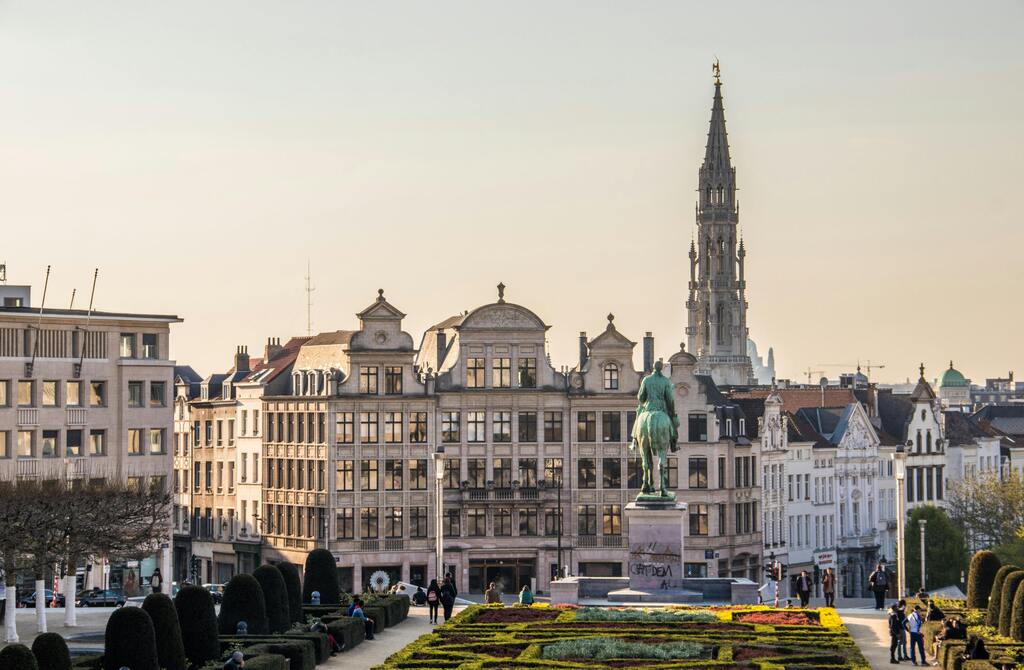
🏛️ Top Attractions in Brussels
1. Grand Place
A UNESCO World Heritage site, this historic square is the heart of Brussels and features ornate Gothic buildings, cafes, and frequent festivals.
2. Atomium
A futuristic architectural icon built for the 1958 World Expo. You can go inside and enjoy panoramic views, exhibitions, and a restaurant in the upper spheres.
3. Royal Palace and Parc de Bruxelles
Explore the official palace of the Belgian monarchy and relax in the adjoining park. It’s located near the EU institutions and key museums.
4. Magritte Museum
Dedicated to surrealist painter René Magritte, this museum showcases one of Belgium’s greatest artistic legacies.
5. EU Quarter
Tour the European Parliament, Commission buildings, and the House of European History. Guided tours are often available.
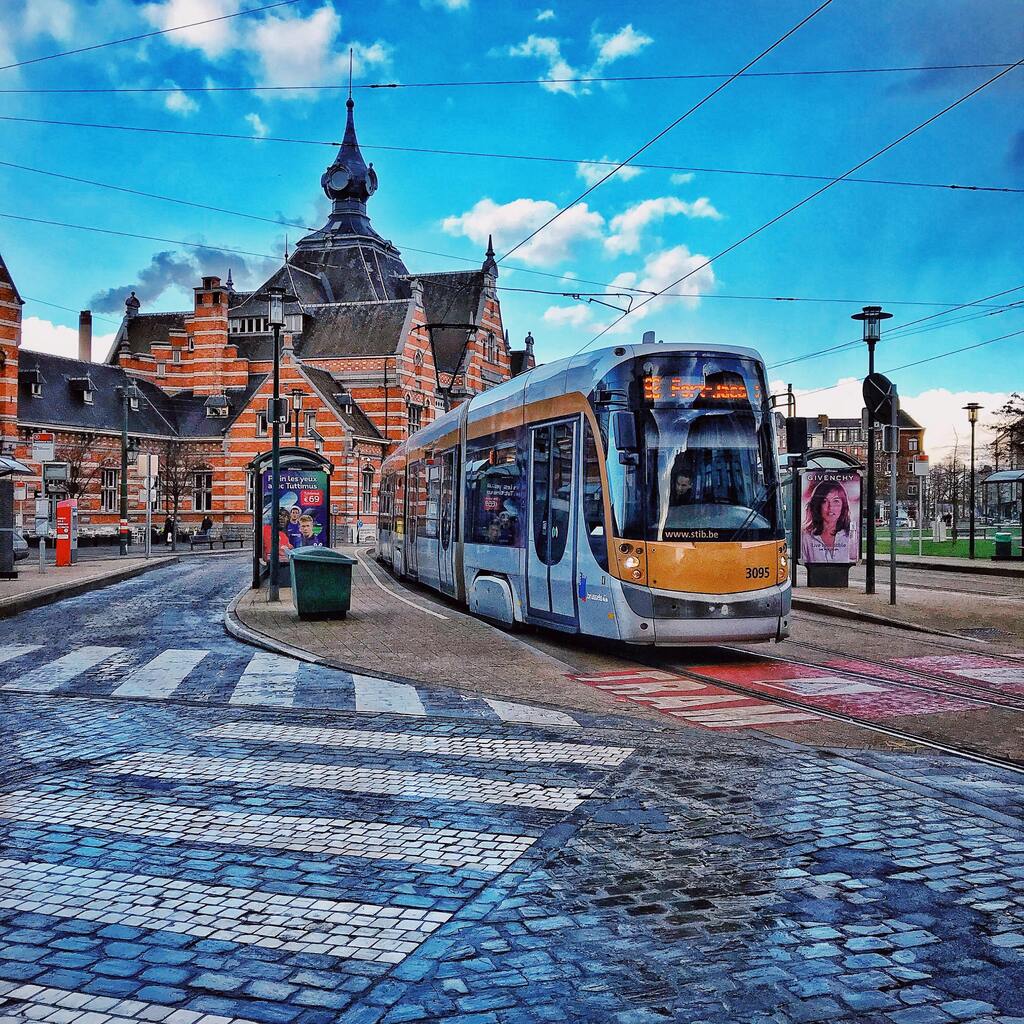
🏨 Where to Stay: Hotels for Business and Leisure
Luxury Hotels
Hotel Amigo (Rocco Forte Hotels) – Steps from the Grand Place, with elegant décor and exceptional service.
The Hotel Brussels – A sleek business hotel with skyline views and proximity to the Avenue Louise shopping district.
Steigenberger Wiltcher’s – Historic, stylish, and centrally located near embassies and major firms.
Mid-Range Hotels
NH Collection Brussels Grand Sablon – A boutique hotel in a charming square, ideal for art lovers.
Aloft Brussels Schuman – Modern, tech-friendly, and perfect for business travelers in the EU district.
Radisson Red Brussels – Fun, colorful, and youth-focused, with flexible meeting spaces.
Budget-Friendly Options
MEININGER Hotel Brussels City Center – A clean and creative riverside option.
Motel One Brussels – Affordable with stylish interiors, located near city landmarks.
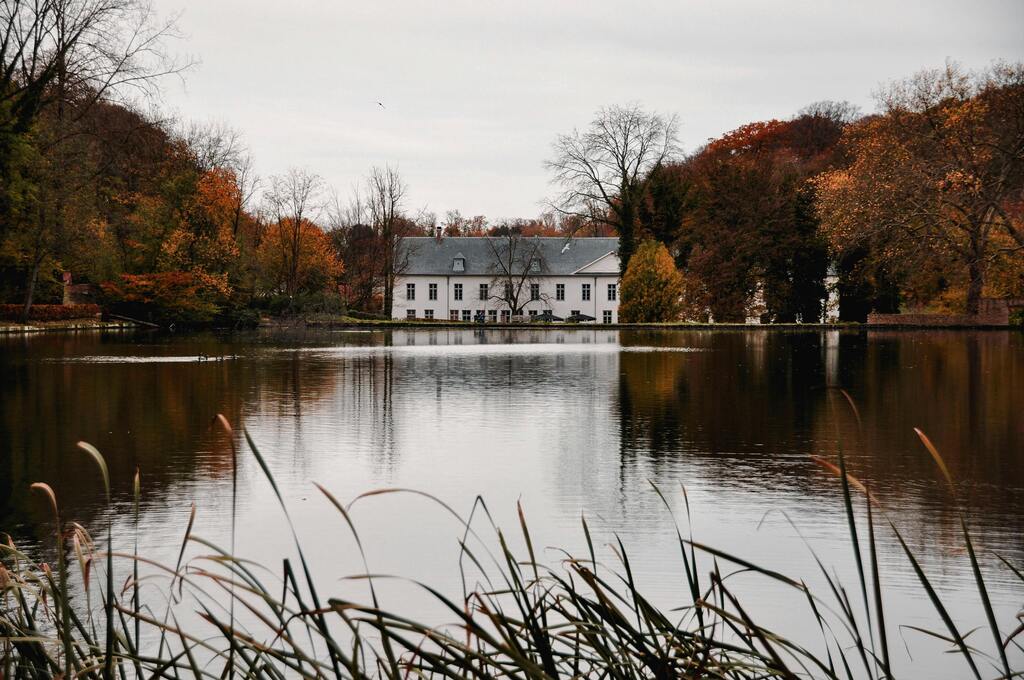
🍽️ Where to Eat: Cuisine in Brussels
Brussels has a rich culinary culture — from street snacks to Michelin-starred dining.
Local Delicacies
Moules-Frites (mussels with fries)
Belgian Waffles – Available soft (Liège style) or crisp (Brussels style)
Belgian Chocolate – Artisanal brands like Neuhaus, Pierre Marcolini, and Leonidas are must-tries.
Top Restaurants
Comme Chez Soi – A historic fine-dining spot with Belgian-French cuisine.
La Roue d’Or – Near Grand Place, serving classic Belgian dishes in an Art Nouveau setting.
Toukoul – A popular Ethiopian restaurant with a vibrant African vibe.

💼 Business Travel Tips for Brussels
Language: French and Dutch are the official languages, but English is widely spoken, especially in business and government circles.
Currency: Euro (€).
Time Zone: Central European Time (CET) — 2 hours ahead of Ghana.
Transport: The city has a comprehensive metro, tram, and bus system. Taxis, Uber, and e-bikes are also readily available.
Connectivity: Free Wi-Fi in hotels and many public areas. Belgian SIM cards are easy to buy.
Dress Code: Smart business attire is recommended for meetings, especially in the EU quarter.
Cultural Etiquette:
Punctuality is important.
It’s common to greet with a handshake.
Be prepared for multilingual conversations.
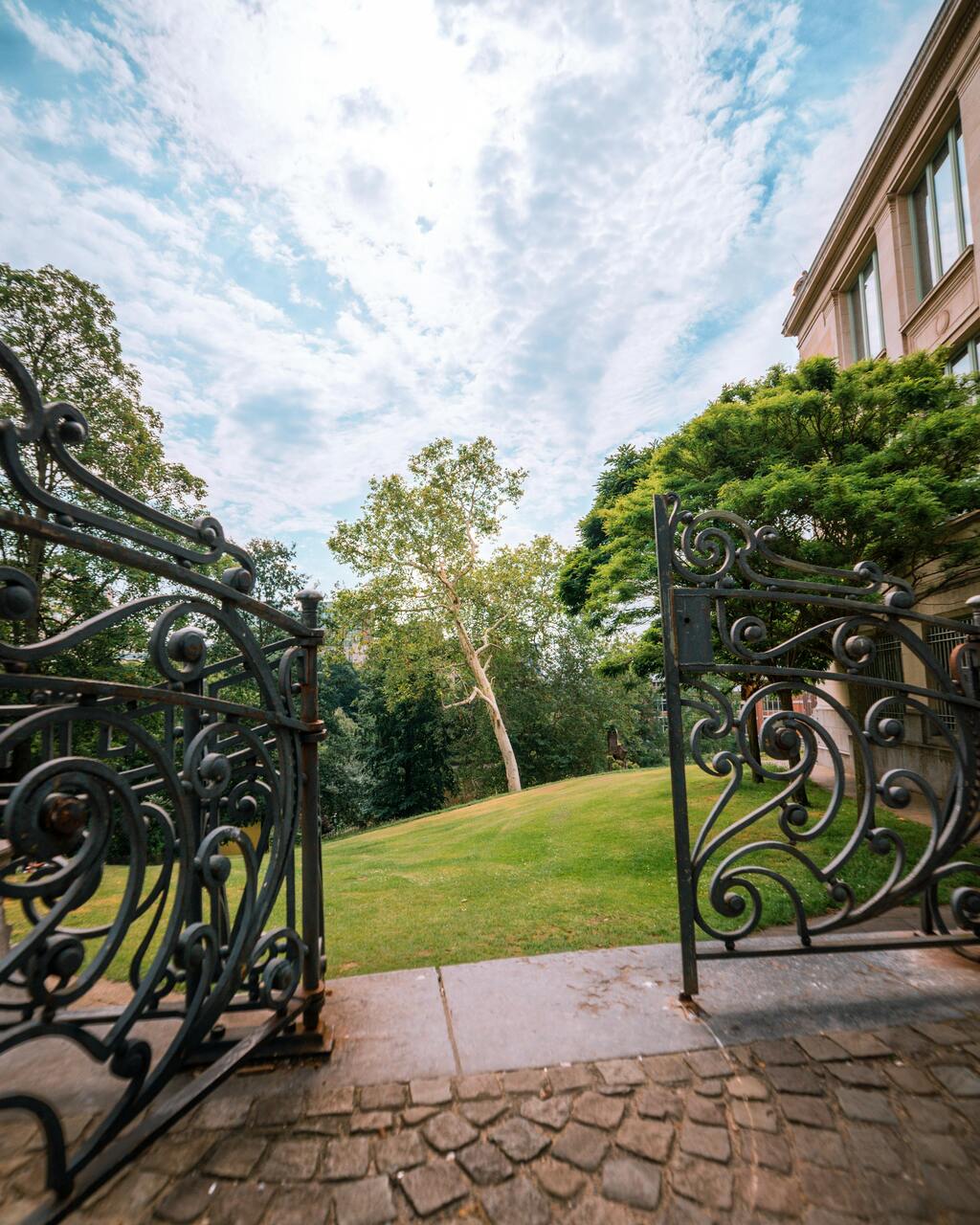
🧭 Day Trips & Excursions from Brussels
Bruges – A fairy-tale city of canals and medieval buildings, just 1 hour by train.
Ghent – A university city with history, nightlife, and vibrant street art.
Antwerp – Known for fashion, diamonds, and its major seaport.
Luxembourg City – A cross-border escape into the Grand Duchy, around 3 hours away.
🎉 Events and Cultural Highlights
Brussels Jazz Festival
Ommegang Pageant – A medieval festival in Grand Place (July)
Christmas Markets – Held throughout December with lights, food, and festivities
Africa Film Festival – Highlighting African cinema, often featuring Ghanaian creators
✅ Conclusion: Brussels — Where Business Meets Culture in the Heart of Europe
Brussels is one of Europe’s most influential cities — not only for policy and business, but also for its multicultural energy, gastronomy, and arts scene. Whether you're a diplomat, entrepreneur, student, or tourist, Brussels offers direct access, exceptional infrastructure, and a gateway to Europe and the world.
For Ghanaians looking to build connections, experience new opportunities, or enjoy European charm, Brussels delivers on every front — with a direct flight to make the journey even easier.
✈️ Beyond Brussels: Seamless Connections to Amsterdam, Frankfurt & Berlin
One of the major advantages of flying into Brussels — especially for travelers from Ghana — is its strategic location in Western Europe, offering fast, direct connections to other key European cities by train, short-haul flights, or road travel.
Whether you're extending your trip for business, diplomacy, education, or tourism, these cities are easily reachable from Brussels:
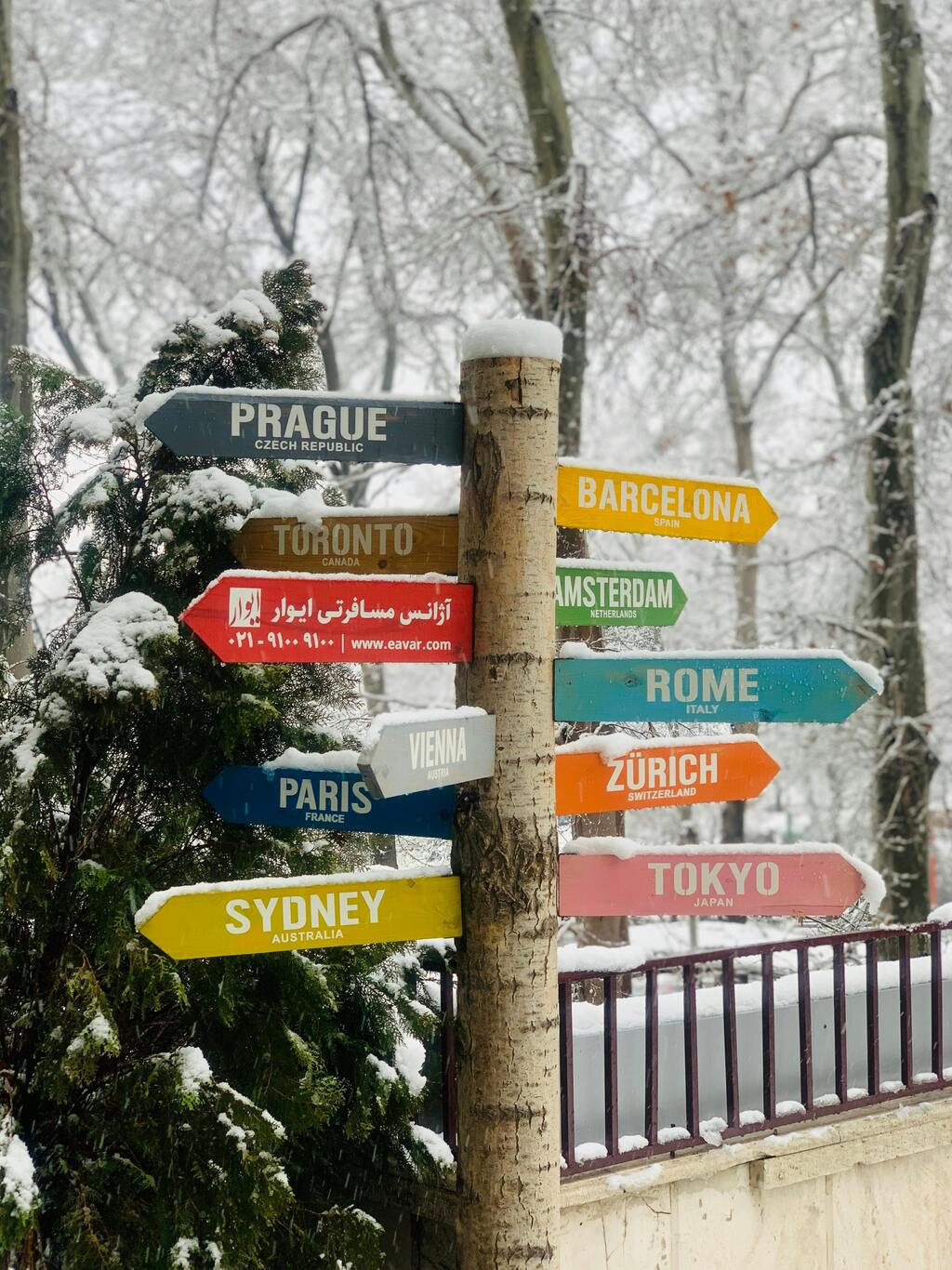
🇳🇱 Amsterdam, Netherlands
Travel Time to Amsterdam, from Brussels: 1.5 to 2 hours by train
Why Go?
Amsterdam is a global center for finance, technology, logistics, and culture. It’s home to multinational headquarters, innovation hubs, and major international institutions — making it ideal for business and networking. For leisure, Amsterdam’s canals, museums, and vibrant neighborhoods offer a unique blend of history and modernity.
How to Get There:
Thalys or Eurostar High-Speed Train: Direct from Brussels-Midi to Amsterdam Centraal.
Flights: Short flights available, but the train is faster and more convenient.
Driving: Approx. 2.5–3 hours via highway.
Highlights in Amsterdam:
Rijksmuseum & Van Gogh Museum
Canal tours & historic neighborhoods
Business districts like Zuidas
Anne Frank House & multicultural districts
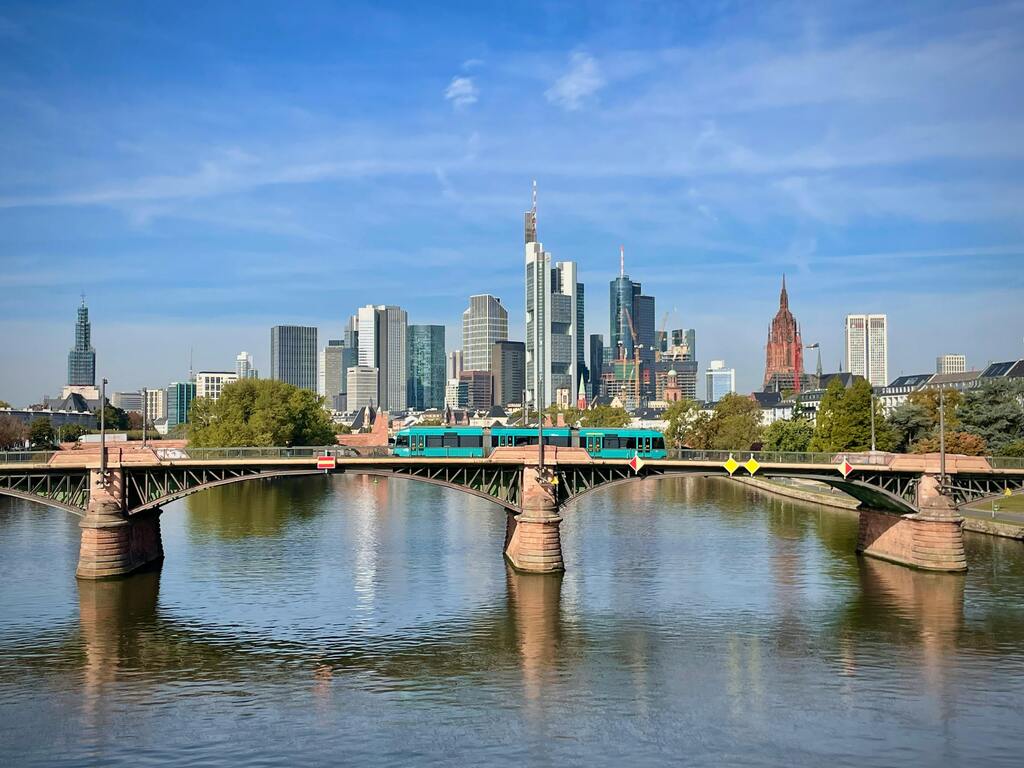
🇩🇪 Frankfurt, Germany
Travel Time to Frankfurt (Main) from Brussels: 3 to 4 hours by train or 1 hour by flight
Why Go?
Frankfurt is Europe’s financial capital, hosting the European Central Bank, Deutsche Bank, and dozens of international financial institutions. It's ideal for investors, economists, and corporate travelers. The city also offers a dynamic mix of skyscrapers, museums, and historic sites.
How to Get There:
Deutsche Bahn (ICE) High-Speed Train: Direct from Brussels-Midi to Frankfurt Hauptbahnhof.
Flights: Available daily; flight time approx. 1 hour.
Driving: 4.5 to 5 hours by car.
Highlights in Frankfurt:
Banking District & Messe Frankfurt (Trade Fair Grounds)
Römerberg old town
Museum Embankment (Museumsufer)
International schools, consulates, and diaspora hubs
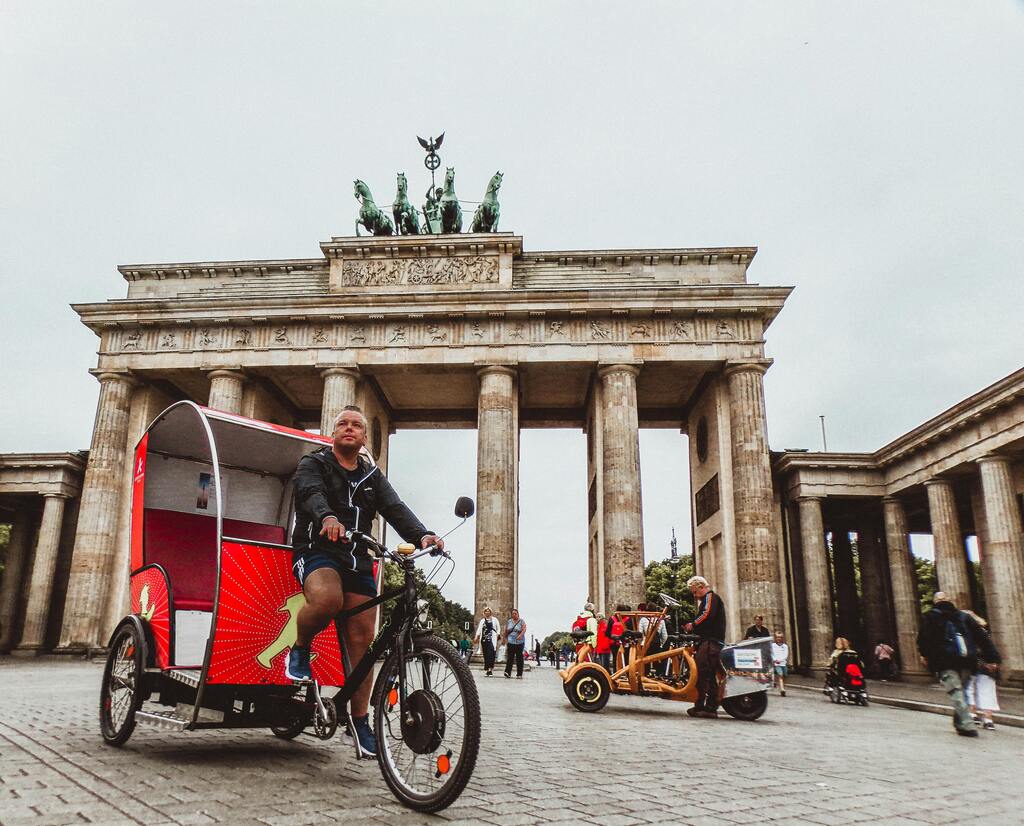
🇩🇪 Berlin, Germany
Travel Time to Berlin (Germany) from Brussels: 6.5 hours by train or 1.5 hours by flight
Why Go?
Berlin is one of Europe’s most diverse, artistic, and politically significant cities. It’s a hub for startups, diplomatic missions, creative industries, and African-European cultural exchange. Berlin also hosts numerous academic institutions, international conferences, and tech expos.
How to Get There:
Flights: Daily flights from Brussels Airport to Berlin Brandenburg Airport (BER).
Train: Direct and connecting trains via Cologne or Frankfurt; around 6–7 hours total.
Driving: About 7–8 hours by car.
Highlights in Berlin:
Brandenburg Gate & Reichstag
Berlin Startup Scene (Silicon Allee)
Museumsinsel (Museum Island)
African diaspora events and cultural centers
🛂 Travel Tips for Multi-City Travelers from Ghana
Schengen Visa: Belgium, Germany, and the Netherlands are all Schengen countries, so you can visit all of them on a single visa.
Rail Passes: Consider a Eurail Pass or Benelux-Germany Pass for unlimited train travel across these regions.
Language: English is widely spoken in business and tourist areas, though French, Dutch, and German are the primary languages.
Connectivity: European SIM cards work across borders with no roaming fees within the EU.
Transportation Apps: Use Trainline, DB Navigator, SNCB/NMBS, or NS International to book rail travel.
🌍 One Trip, Multiple Opportunities
Starting your journey in Brussels opens doors to explore other European powerhouses like Amsterdam, Frankfurt, and Berlin — all within a few hours’ reach. Whether you're on a business tour, attending policy meetings, joining a diaspora conference, or simply expanding your cultural horizons, this multi-city route offers convenience, connectivity, and global exposure.